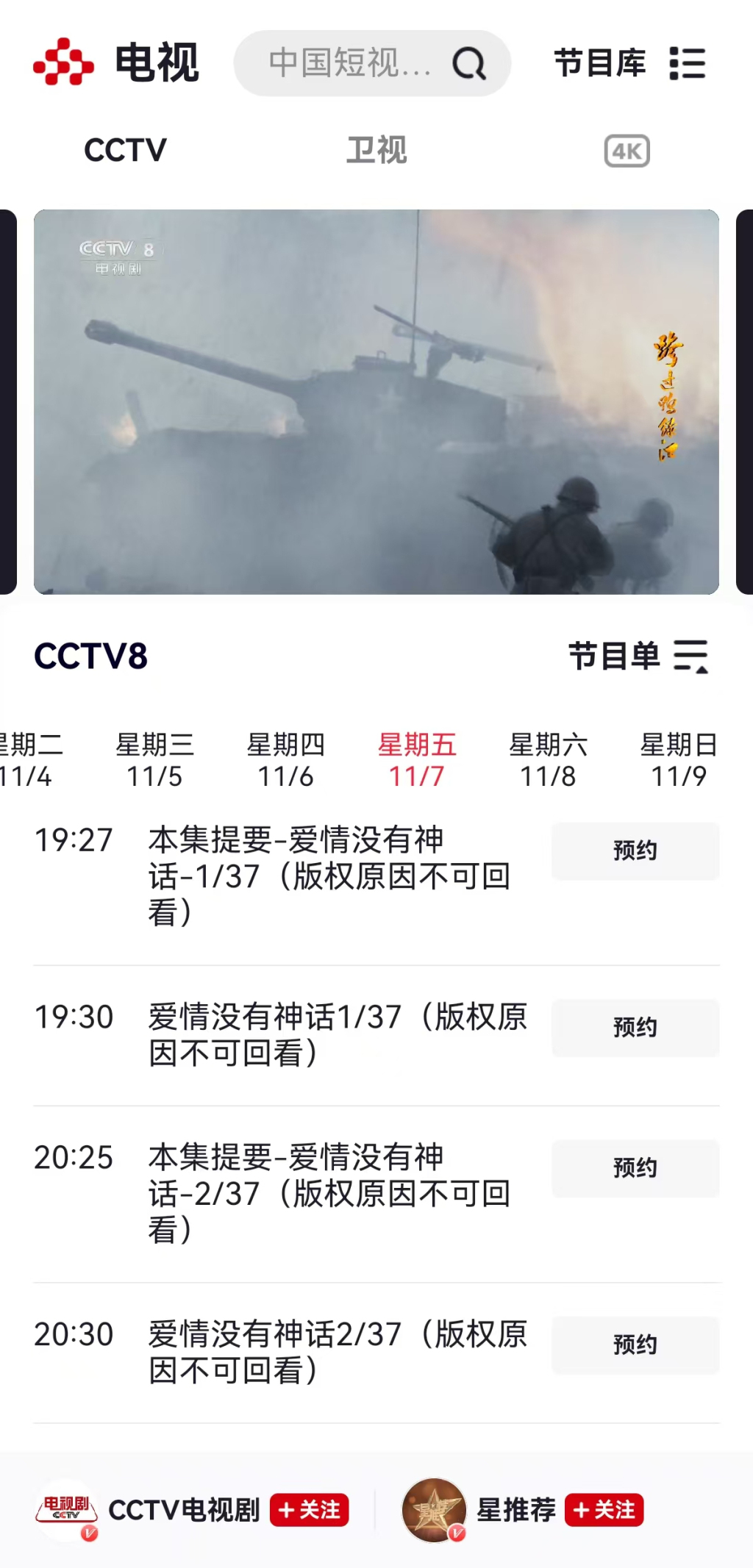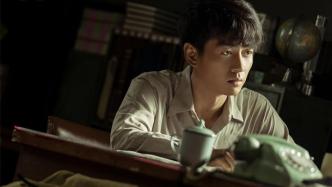
The reality-themed TV series "The Road to Life" "produced in Shanghai" has seen a rise in ratings and topics since its launch on CCTV. This story, adapted from classic literature decades ago, once again touched the emotions of countless audiences.
The play is based on the novella "Life" by the writer Lu Yao. It was established in Shanghai with the support of the Propaganda Department of the Shanghai Municipal Party Committee. It was supported by major literary and artistic creation projects in Shanghai and started in Shanghai. After "The Ordinary World", "Shanghai Produced" continued its contract with Lu Yao's classic works.
As a post-70s generation, Wei Wei, the chief producer of the play, first came into contact with the novel "Life" when he was in college. At that time, his reading experience was very deep, and a question lingered in his heart: "What should young people do after their dreams are disillusioned?" Get out of your own way of life?"
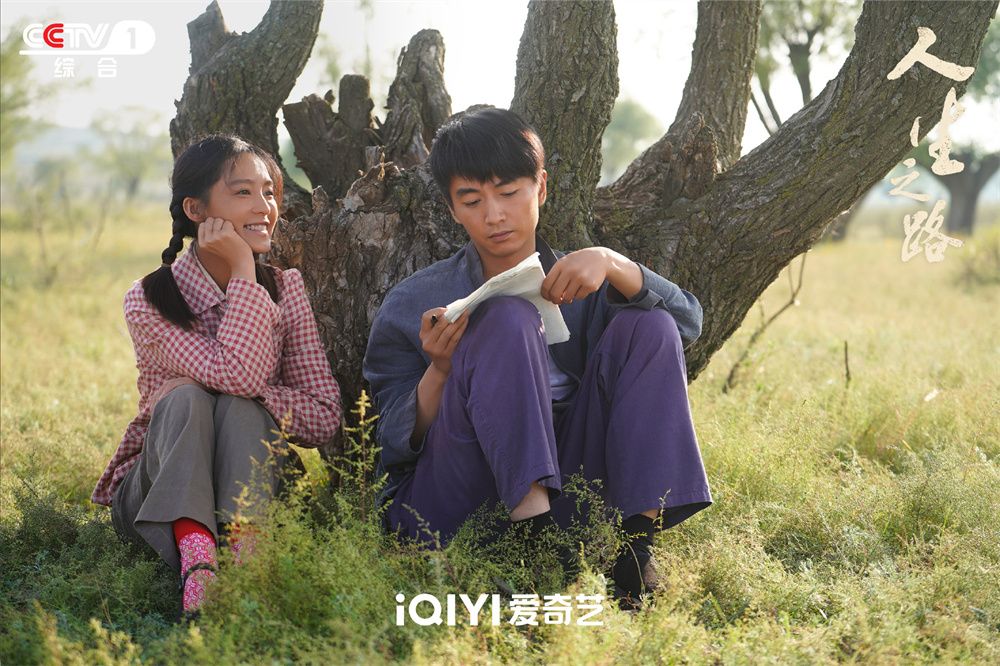
Stills of "The Road to Life"
In Wei Wei's view, "Life" has different characteristics from some literary works in the early 1980s. "Many literary works in that era were still at the stage of scar literature, but "Life" was future-oriented. Lu Yao sensitively grasped the At that time, a generation of young people awakened their self-awareness and longed for the outside world." After the publication of "Harvest", this work aroused a nationwide discussion, and now the novel has been published for more than 40 years. Distress: how to break the solidification of this class, how to realize the higher dream of life, there is still a strong empathy."
From "Life" to "Road of Life", the script has greatly extended the time and space of the original work, and the characters have been reshaped a lot. Wei Wei said frankly: "The pressure is very huge." "Because everyone may look forward to the original flavor of classic literary works. But from the perspective of film and television adaptation, classics themselves have multi-dimensional connotations. In every era, we use new perspectives to interpret classics, in order to understand the current The era has a new enlightening meaning, which can be called a classic adaptation."
"Since I have chosen this direction, I have to go on no matter how difficult it is." From the start of adaptation planning in 2017, communication with the screenwriter, until the start of filming in 2022, "Road of Life" has undergone more than five years of script development. Adjust and say less than dozens of times. After director Yan Jiangang entered, he spent a long time on the second creation and wrote a director's script with nearly 400,000 words. According to Wei Wei, although he had never cooperated with Yan Jiangang before, on the third day after Yan Jiangang received the script, he made an appointment with Wei Wei to meet and talk in detail, "Looking at your script, what I care most about is whether your creative direction can Attract the young people of today," Yan Jiangang said, "After reading the scripts of the first two episodes, I have already found the answer to this question." The novel "Life" was published in 1982 and was made into a movie in 1984. Yan Jiangang went to university in 1982. He told Wei Wei that his experience was very similar to that of Gao Jialin. Yan Jiangang came out of the army and was admitted to a university. He also encountered rejection and blows. "I have an unforgettable experience of the pain that Gao Jialin experienced back then."
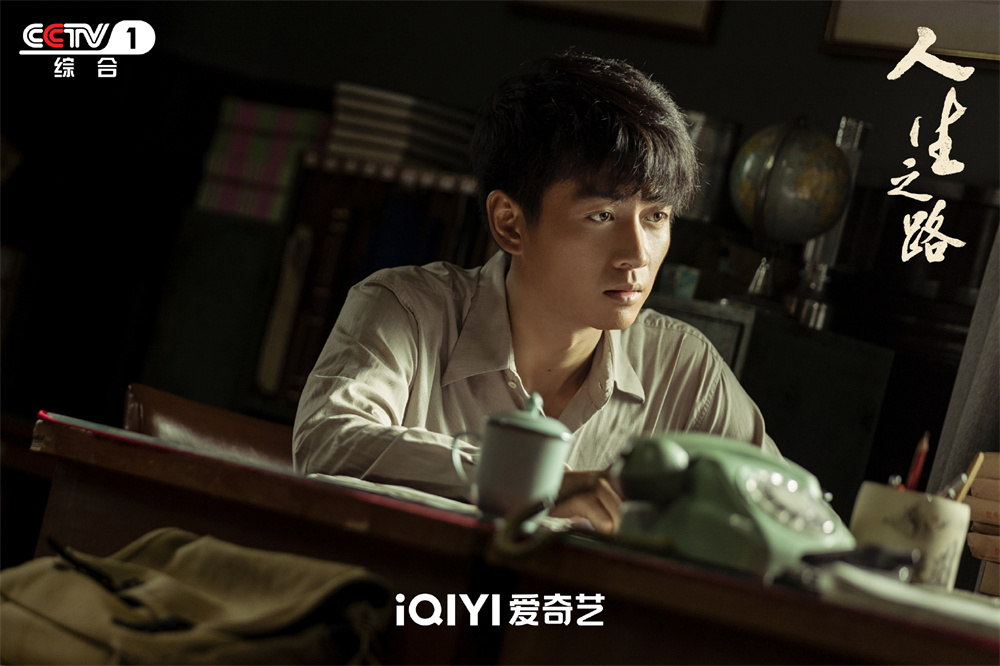
Chen Xiao as Gao Jialin
"Reinvention" of old characters
In the script, the reshaping of the original characters is a key point. In the original book, what readers see more from Gao Jialin is that ideals are suppressed, youth cannot be released and there is no way out. But in the current era, we see where the hope of young people is and where the future lies. objects are examined and adjusted from the contemporary perspective.”
Gao Jialin (played by Chen Xiao) in the play is no longer as angry as in the original work, but relatively more restrained. He will suppress himself in the face of harm, and he will have more strength to find himself again. "Gao Jialin's journey to Shanghai is a bit like Lu Yao's own experience," Wei Wei said, "We integrated Lu Yao's life experience with Gao Jialin's growth experience. We let Gao Jialin live in Shanghai To complete the sublimation of my own life, I actually pay tribute to Mr. Lu Yao, and also make a literary reflection of the relationship between Mr. Lu Yao and Shanghai." In a sense, this character is more idealized. In fact, he It is with his own literary dream that he has gone through the troughs of life one after another, and has withstood the critical blows of fate again and again. "Of course his choice also caused him to bear the corresponding consequences, that is, he lost the golden girl Liu Qiaozhen."
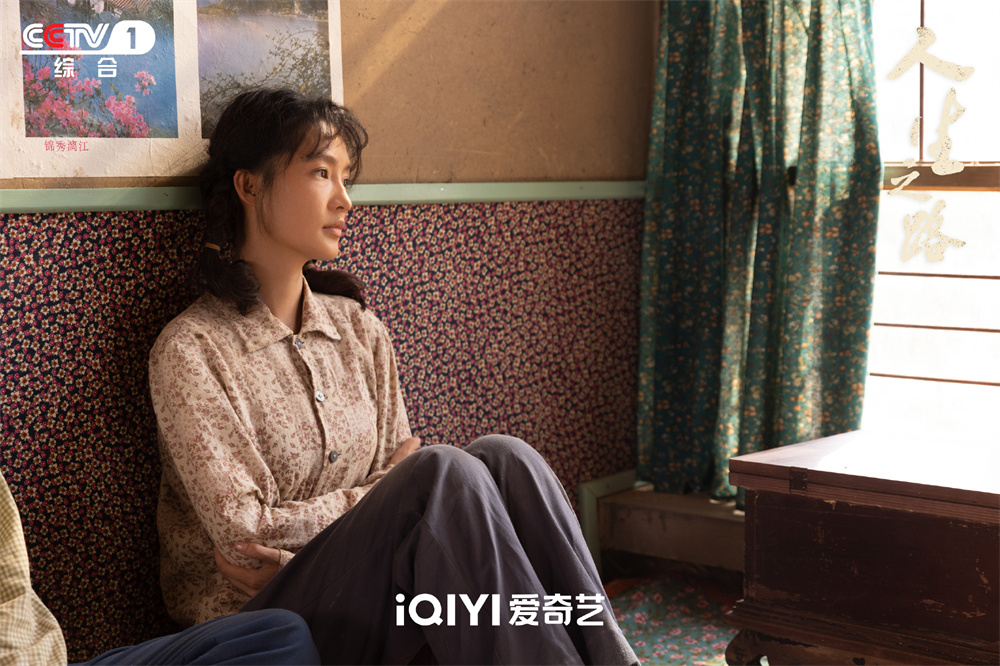
Li Qin as Liu Qiaozhen
In the original book, Liu Qiaozhen is a beautiful and kind-hearted girl from northern Shaanxi, but in the adaptation, the screenwriters gave Qiaozhen (played by Li Qin) a stronger vitality. Qiaozhen's daring to think and do, coupled with her business intelligence, are the elements that she later settled down in the big city of Shanghai. In Wei Wei's view, including Gao Jialin and Liu Qiaozhen's breakup, in a sense, it was Qiaozhen's active choice. "When she realized that Gao Jialin didn't belong to her, she took the initiative to break up, and she had a stronger initiative."
Ma Shuan, a relatively functional character in the original work, has also been drastically adapted in the play. Ma Shuan (played by Tang Zeng) in "The Road to Life" is a rural youth with culture, ideals and the ability to become rich . "The adjustment of this character is actually to assist the shaping of Liu Qiaozhen." Wei Wei said. Liu Qiaozhen's marriage to Ma Shuan in the original work is a kind of self-exile after all hope is lost. "But in the play, we made a lot of preparations for these two characters in the early stage, allowing them to have a process of getting closer and getting to know each other. In the play, after Qiaozhen was abandoned by Gao Jialin, her choice of Ma Shuan Actually, I figured it out: Ma Shuan is a man who can be trusted for life and is worthy of love."

Tang Zeng as Ma Shuan
Faced with the adaptation of characters, some viewers will naturally ask questions. In this regard, Wei Wei was very frank. "The role of Gao Jialin is not a typical 'big hero', he has enough complexity and controversy. Such a role is a major issue we face when adapting."
"If we present this character strictly according to the original work, people may put more discussion on 'scumbag or not', then the theme and values to be conveyed in our work will be blurred; of course, the current investigation of Gao Jialin Adaptation, there will be another question: you soften the character, you don't respect the original."
"'Gao Jia Lin scum is not scum', I hope that after watching this drama, everyone will no longer be interested in asking this question." Wei Wei said bluntly, "I hope that the audience will remember their parents after watching this drama, How did the youth dreams of that generation of young people come to today step by step along with China's decades of development. The growth and beauty, pain and setbacks of youth are always worth recalling. I also hope that young audiences will read it after watching , will face his youthful future with a more positive attitude.”
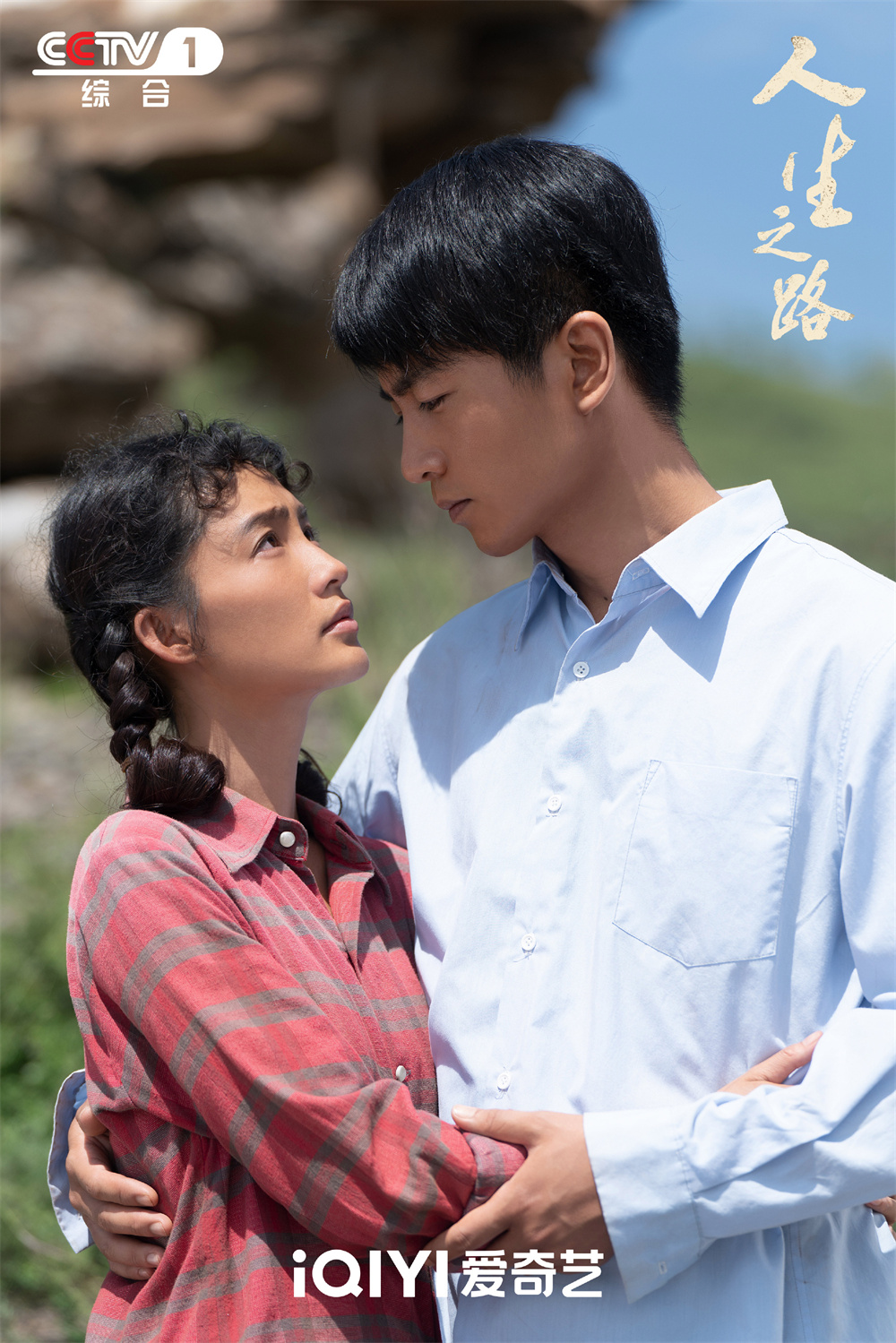
Stills of "The Road to Life"
"Breakthrough" of new characters
In "The Road of Life", the original character Gao Shuangxing (played by Wang Tianchen) has become a very important character and drama clue in the early stage of the plot. In this regard, Wei Wei said: "The original character Gao Shuangxing is an outstanding contribution of our screenwriters to this creation." In his opinion, the appearance of Gao Shuangxing actually solved two problems.
First, the core conflict in the original work revolves around the event that Gao Jialin was replaced as a private teacher. "'Private-run teachers' is actually a historical term, and young people today may not have heard of it. If we continue to use this core contradiction setting, there will be a sense of distance from the current audience." Wei Wei said, "College entrance exams are fake Replacement is different. For today's audience, they can have a strong perception of this event, and in terms of the intensity of changing fate, the replacement of private teachers and the replacement of colleges are not in the same order of magnitude. The latter My life was really stolen.” This adaptation strengthened the sense of fate of the characters under the conflict of the drama. In addition, as a hook throughout the drama, the university was replaced, making the story of the entire TV series more suspenseful and exciting. Tension, more story tension.
Second, in terms of character creation, the character Gao Shuangxing has become Gao Jialin's "mirror image". "We designed Gao Shuangxing as Gao Jialin's mirror image. Different roads, this is the most important character relationship design and drama structure adjustment when we continue to write and expand the drama space of the original work.” At the same time, Gao Shuangxing’s story line also expanded the drama space to Shanghai. Wei Wei said that the reason why "The Road of Life" puts the theater stage in Shanghai is very simple. "We don't want to limit the story of "Life" to a regional culture. We hope to tell the story of the growth and struggle of a generation of young people from a broader perspective." In the 1980s and 1990s, Shanghai was undergoing rapid development. It is a microcosm of China's reform and opening up. "Northern Shaanxi and Shanghai have contrasting and contrasting spaces in terms of cultural life and style, which can well meet our creative needs."

Wang Tianchen as Gao Shuangxing
Speaking of theatrical space, the setting process of "The Road of Life" was not easy. It took more than half a year for the play to be set in northern Shaanxi alone. Wei Wei recalled: "We built real scenes in northern Shaanxi, and the cave dwellings were investigated on the spot in the local area, and we found suitable cave dwellings and rented them from farmers. , and then remodeled bit by bit. Doors, windows, furniture, and even actors’ costumes, many of them are second-hand goods collected from local farmers’ homes, in order to pursue the real texture of the age.” He said confidently, “We are in northern Shaanxi this time. Scenes, all of which have not appeared in other northern Shaanxi-themed film and television dramas."
What is particularly meaningful is that "The Road of Life" was filmed in Qingjian County, Yulin City, which is Lu Yao's hometown. After the filming of the play was completed, a series of shooting scenes were left in the local area, and finally formed a themed scenic spot that can be connected in series. At present, it has been handed over to the local cultural investment group for operation, and will create a global Luyao cultural tourism. "When we made "Red Sorghum", we felt that it was particularly meaningful to leave a 4A-level scenic spot for the local government: the Red Sorghum Film and Television Base. When filming in Gaomi, the local government also built a film and television base. Now It’s already a popular tourist spot in the local area.” Wei Wei said that in fact, Qingjian County, Lu Yao’s hometown, has always had the desire to build Lu Yao’s cultural tourism, and has been doing related work, but there has never been a good carrier to support it. Finish. "So when we learned that we were planning to shoot, the local government took the initiative to find us and invited us to see their natural and cultural landscapes. We also made up our minds to shoot locally. Although it added extra work, it was very valuable. "Making a drama and leaving sustainable cultural resources for the local cultural tourism industry is, in Wei Wei's view, a good thing that can't be met.
It has been more than 40 years since Lu Yao wrote "Life". In Wei Wei's view, Lu Yao created classic literary characters such as Gao Jialin, Liu Qiaozhen, and Huang Yaping in the state of witnesses. Lu Yao at that time could not give the answer to the problems we were facing.” But decades later, when we look at literary classics, we look back at the novels with the eyes of the times, so many of the problems that troubled the young people of that generation The problem has been solved naturally with the development of the times. "Over the past few decades, China's great social progress has been the largest modernization and urbanization process in human history. It has brought freedom of choice and development to today's young people, a question that Mr. Lu Yao could not answer back then. , in fact, the current era has already given the answer.”


